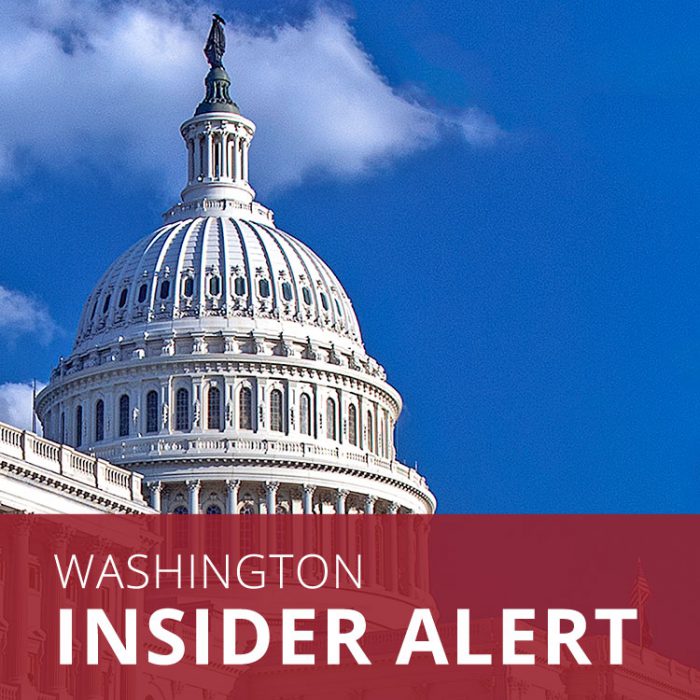Trump Administration Extends and Expands the Suspension of Certain Visas Through 2020
 June 23, 2020 (WASHINGTON INSIDER ALERT) - On June 22, 2020, President Trump issued a presidential proclamation establishing temporary entry bans of new H-1B, H-2B, L-1, and certain J-1 non-immigrants, as well as their spouses and dependents. The ban goes into effect June 24, 2020 and expires December 31, 2020. In addition, the proclamation extends the president’s April 22 proclamation banning certain immigrant entries through December 31, 2020.
June 23, 2020 (WASHINGTON INSIDER ALERT) - On June 22, 2020, President Trump issued a presidential proclamation establishing temporary entry bans of new H-1B, H-2B, L-1, and certain J-1 non-immigrants, as well as their spouses and dependents. The ban goes into effect June 24, 2020 and expires December 31, 2020. In addition, the proclamation extends the president’s April 22 proclamation banning certain immigrant entries through December 31, 2020.
The ban applies to foreign nationals who are not present in the U.S. when the proclamation takes effect and do not hold valid U.S. visas or travel documents. The proclamation will not apply to “any lawful permanent resident of the United States; any alien who is the spouse or child … of a United States citizen; any individual seeking to enter the United States to provide temporary labor or services essential to the United States food supply chain; and any individual whose entry would be in the national interest as determined by the Secretary of State, the Secretary of Homeland Security, or their respective designees.”
Importantly for institutions of higher education, the J-1 ban only applies to interns, trainees, teachers, camp counselors, au pairs and summer work travel participants — other subcategories of the J-1 program such as college students, professors, and research scholars will not be impacted. Furthermore, the proclamation does not affect the optional practical training (OPT) program — suggestions that the Administration was contemplating including new constraints for OPT recipients had many higher education leaders worried about such an impact.
The order also instructs the Secretaries of Labor and Homeland Security to consider regulatory or other actions to ensure that the admission of an EB-2 or EB-3 immigrant visa or an H-1B non-immigrant visa does not put American workers at a disadvantage. These actions are intended to prioritize U.S. workers during the nation’s recovery from the COVID-19 economic fallout. According to the administration’s statement on the order, these upcoming reforms “will prioritize those workers who are offered the highest wage, ensuring that the highest-skilled applicants are admitted.”
